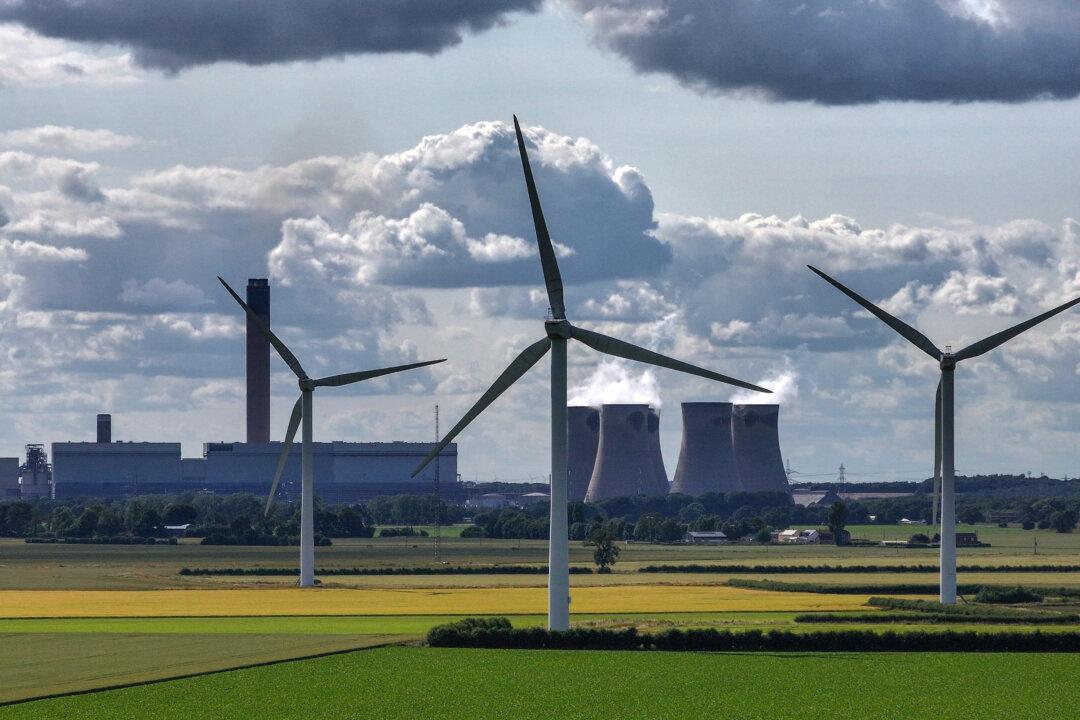The UK government has been using a carbon price over three times higher than its present-day price, to shape projections for energy policy over the next two years, leading experts to question the strategy.
In a paper published last week (pdf), the Department of Energy Security and Net Zero laid out a rationale claiming that new wind and solar projects will be cheaper than power from carbon-based gas generation by 2025. However, the document used a carbon price of just under £150 per tonne in its analysis. In comparison, UK carbon prices are currently at about £40 per tonne.





